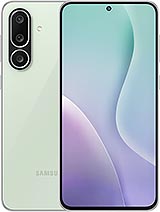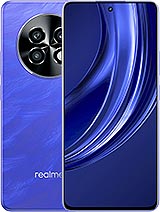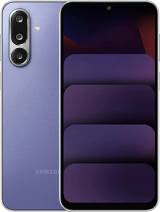Oppo F27 Pro+ alternatives
Tap above to see alternatives.
Samsung Galaxy F34 alternatives
Tap above to see alternatives.
Oppo F27 Pro+

Oppo F27 Pro+
-
Dimensity 7050
6 nm
-
5000 mAh
67W
-
6.7"
1080x2412 pixels
-
64 MP
4K@30fps
-
Specs

Samsung Galaxy F34

Samsung Galaxy F34
-
Exynos 1280
5 nm
-
6000 mAh
25W
-
6.5"
1080 x 2340 pixels
-
50 MP
4K@30fps
-
Specs

2x2.6 GHz Cortex-A78
6x2.0 GHz Cortex-A55
2x2.4 GHz Cortex-A78
6x2.0 GHz Cortex-A55
8GB 256GB (UFS 3.1)
8GB 128GB (UFS 2.2)
(f/1.7, (wide), 1/2.0", 0.7µm, PDAF)
2 MP
(f/2.4, (macro))
f/1.8, (wide), PDAF, OIS
8 MP
f/2.2, 120˚ (ultrawide)
2 MP
f/2.4
1080p@30/60/120/480fps
720p@960fps
1080p@30fps
(f/2.0, (wide))
f/2.2, (wide)
1080p@30fps
SIM1: Nano, SIM2: Nano
SIM1: Nano, SIM2: Nano (Hybrid)
FDD: N1, N3, N5, N8, N28
TDD: N77, N78
FDD: N1, N3, N5, N7, N8, N28
TDD: N38, N40, N41, N78
FDD: N1, N3, N5, N8, N28
TDD: N77, N78
FDD: N1, N3, N5, N7, N8, N28
TDD: N38, N40, N41, N78
In this performance comparison, the Oppo F27 Pro+ with its Mediatek Dimensity 7050 (6nm) performs better than the Samsung Galaxy F34 with the Exynos 1280 (5nm), thanks to superior chipset efficiency.
Samsung Galaxy F34 offers 4 years of OS updates, whereas Oppo F27 Pro+ provides 3 years. For security updates, Samsung Galaxy F34 offers 5 years of support compared to Oppo F27 Pro+'s 4 years.
Both Oppo F27 Pro+ and Samsung Galaxy F34 feature AMOLED displays, offering vibrant colors and deeper blacks. Both smartphones offer the same 120 Hz refresh rate. Samsung Galaxy F34 also boasts a brighter screen with 1000 nits of peak brightness, enhancing outdoor visibility. Both phones have the same screen resolution.
Samsung Galaxy F34 features a larger 6000 mAh battery, potentially delivering better battery life. Oppo F27 Pro+ also supports faster wired charging at 67W, compared to 25W on Samsung Galaxy F34.
Oppo F27 Pro+ offers better protection against water and dust with an IP69 rating.
- Oppo F27 Pro+ – Check price here
- Samsung Galaxy F34 – Check price here
¹ Scores can vary even with the same chipset due to RAM, thermals, and software optimization.










